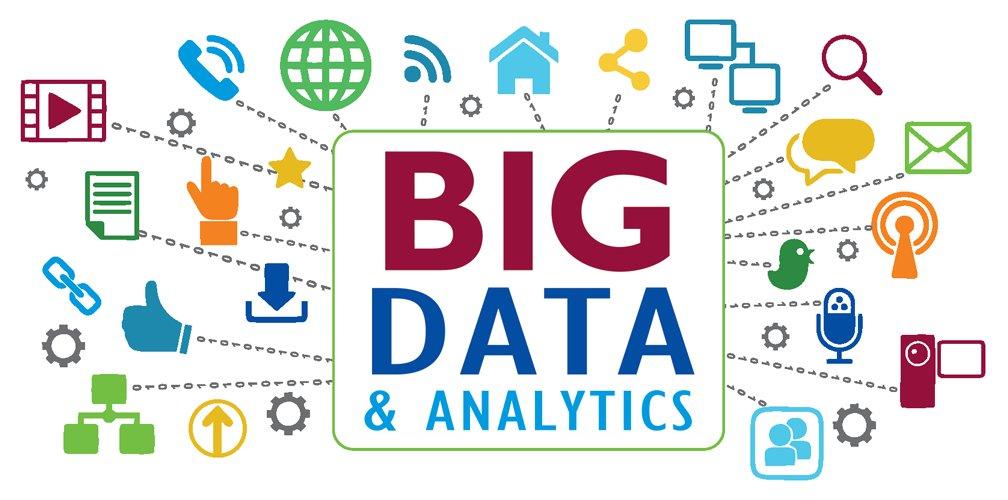Rise by Six: Your Daily Dose of Inspiration
Explore insights and stories that elevate your day.
Big Data: The Overlooked Superhero in Everyday Decisions
Uncover how big data acts as an unseen superhero, shaping our everyday decisions and transforming our lives in unexpected ways!
How Big Data Influences Your Daily Choices
Big data plays a crucial role in shaping our daily choices, often without us even realizing it. With the vast amount of information generated from our interactions online, companies can analyze consumer behavior patterns to tailor their products and services accordingly. For instance, when you browse for a new pair of shoes, algorithms sift through countless data points, including your previous purchases and demographic information, to present you with options that are most likely to catch your interest. This process impacts not only what advertisements you see but also influences shopping decisions based on what others in your demographic may have preferred.
Moreover, big data extends its influence beyond shopping and into realms such as health and wellness. Personalized health recommendations are often driven by data analytics, as wearables and health apps collect and analyze user data to provide insights about fitness levels, diet, and overall well-being. For instance, if your app notices a consistent pattern of inactivity, it may suggest tailored exercise routines or encourage you to take short walks throughout the day. As a result, many of our health-related choices are becoming increasingly data-informed, underscoring the profound impact that big data has on our everyday lives.

5 Real-Life Examples of Big Data Making an Impact
Big Data has become an essential tool for various industries, driving significant changes and improvements. One notable example is in healthcare, where hospitals and medical research facilities leverage big data analytics to enhance patient care. By analyzing vast amounts of patient data, institutions can identify trends and predict outbreaks, leading to early intervention. For instance, the healthcare sector utilized predictive analytics to track the spread of diseases like Ebola, which allowed for quicker response strategies and resource allocation.
Another powerful application of big data is seen in the retail sector. Companies like Amazon and Walmart analyze consumer behavior, preferences, and purchasing patterns to tailor their marketing strategies. By utilizing big data, retailers can personalize shopping experiences and optimize inventory management. For example, during seasonal sales, data analytics helps predict which products will be in high demand, allowing businesses to stock appropriately and reduce waste, ultimately enhancing customer satisfaction and increasing sales revenue.
Is Big Data the Key to Better Decision-Making?
In today's fast-paced digital landscape, big data has emerged as a pivotal resource for enhancing decision-making processes across various sectors. By harnessing vast amounts of data generated from diverse sources—ranging from social media interactions to transactional records—organizations can uncover meaningful patterns and insights. This capability not only aids in understanding consumer behavior but also enables businesses to forecast trends and make informed strategic choices.
Moreover, leveraging big data technologies allows companies to implement data-driven decision-making, fostering a culture of continuous improvement. The ability to analyze real-time data can lead to quicker responses to market shifts, optimizing operational efficiency and customer satisfaction. As firms continue to integrate advanced analytics into their workflows, the potential for enhanced decision-making becomes increasingly apparent, solidifying big data's role as an indispensable asset in the business toolkit.